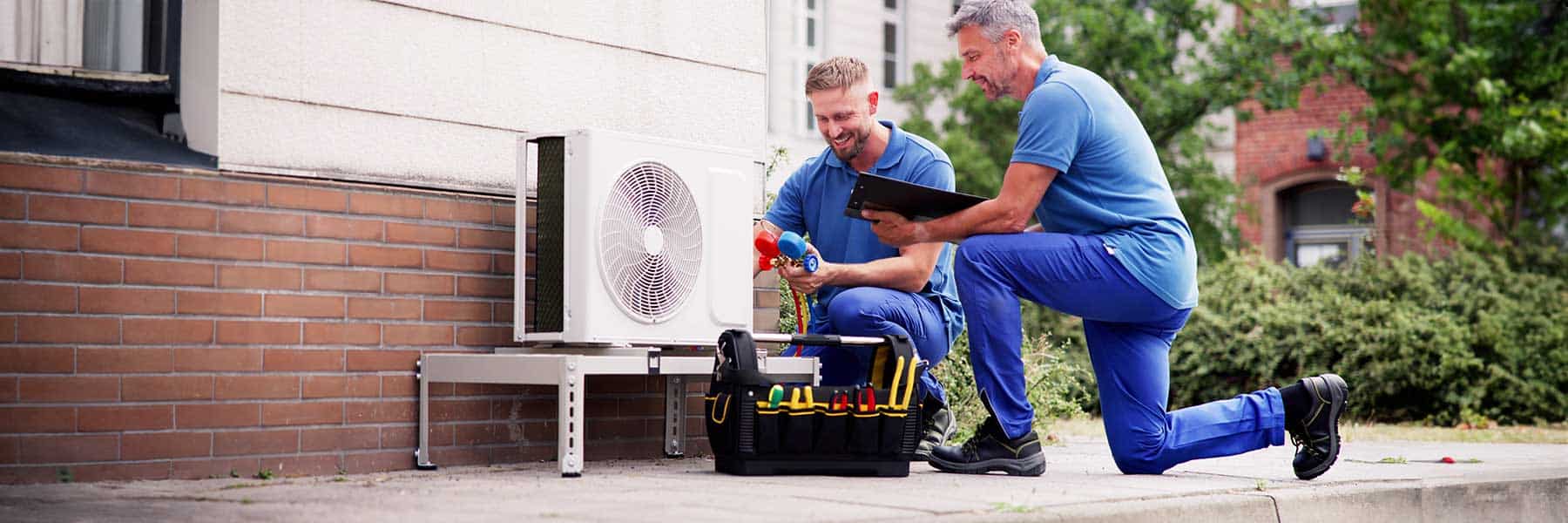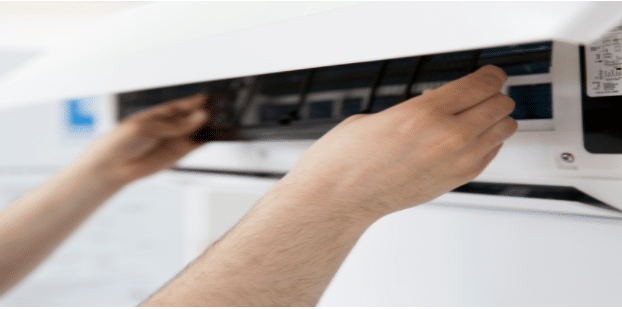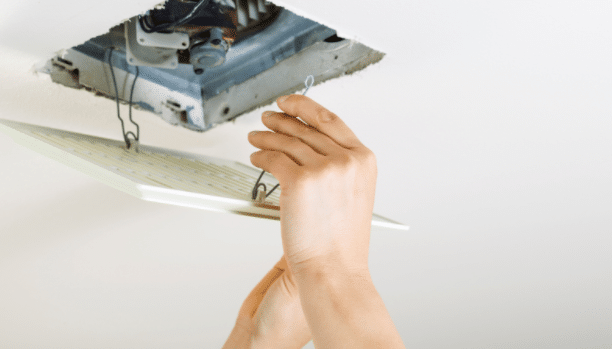Compressor Repair and the 3 Core AC Components: Capacitor, Compressor, and Condenser
When your air conditioner stops cooling properly, it’s easy to assume it just needs a quick recharge or a thermostat reset. But more often than not, the issue lies deep inside your AC system—specifically in the compressor, capacitor, or condenser. These three components are essential for keeping your home cool and comfortable. When your air conditioner stops cooling effectively, it’s tempting to think it simply needs a quick recharge or a thermostat reset. However, the problem often lies deeper within the AC system—usually in the compressor, capacitor, or condenser. These three components are crucial for maintaining a cool and comfortable home. Understanding how they work together can help you identify early signs of trouble and determine when it’s time to call for compressor repair. Understanding how they work together can help you spot signs of trouble early and know when it’s time to call for compressor repair.
What Does the AC Compressor Do?
The compressor is often referred to as the “heart” of your AC system. It circulates refrigerant between the indoor and outdoor units, helping to absorb and release heat. When the compressor fails, your AC can’t cool your home—period.
Signs you may need compressor repair include:
Because the compressor is such a vital and costly component, quick diagnosis is key. In some cases, early intervention can prevent a complete breakdown and extend the life of your AC system.
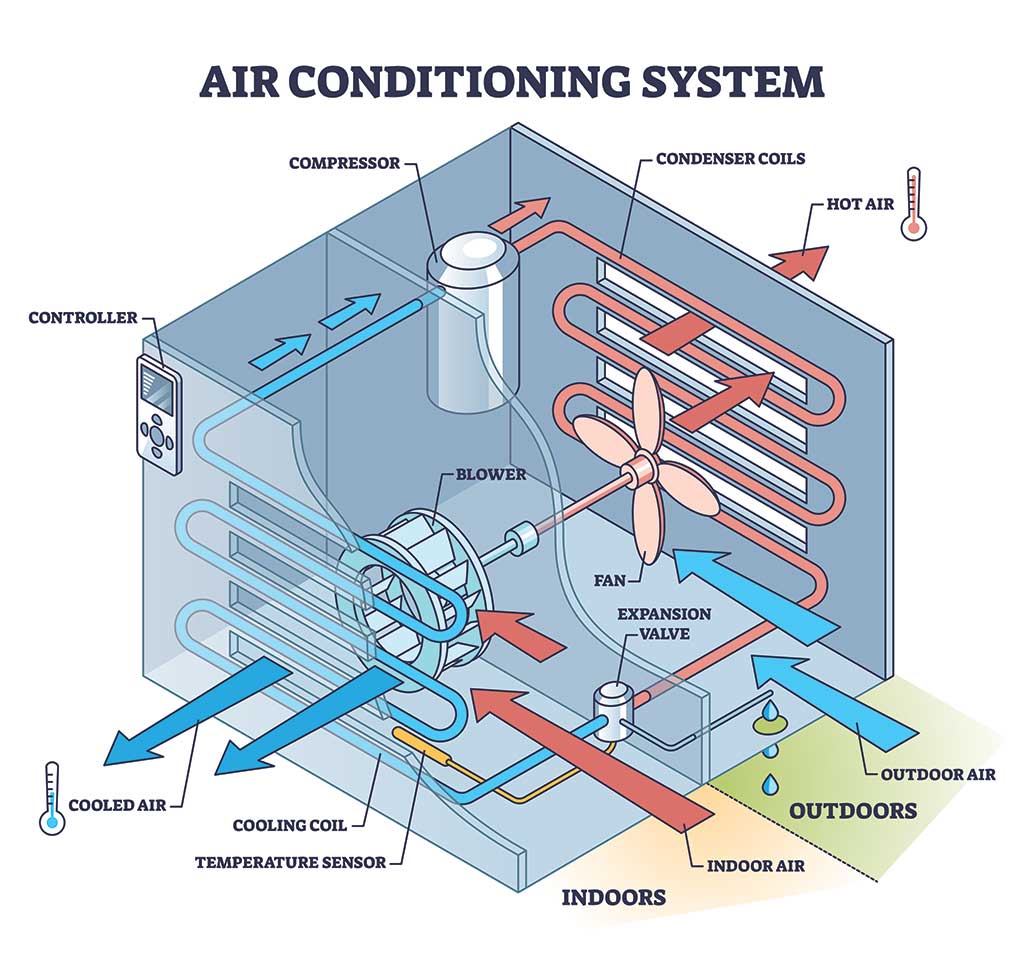
The Capacitor and Condenser: Supporting Roles with Big Impacts
While the compressor does the heavy lifting, the capacitor and condenser help it run smoothly.
Capacitor
This small but mighty part stores electrical energy and gives your compressor and fan motors the initial push to start up. A failing capacitor can mimic compressor issues, leading to false assumptions.
Signs your AC capacitor may need replacement:
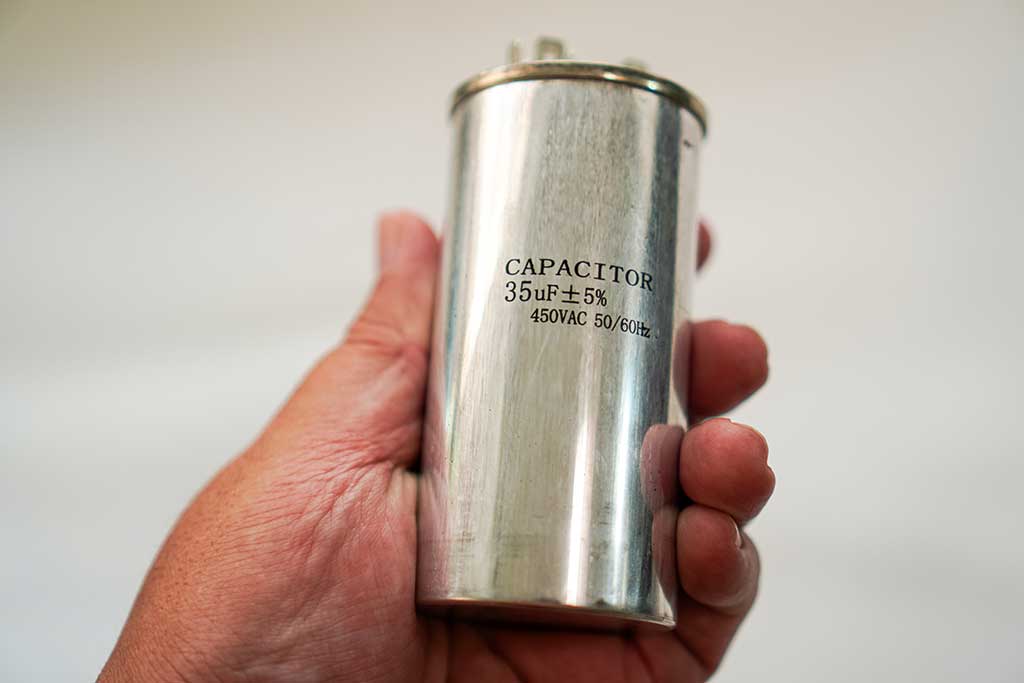
Condencer
Housed in the outdoor unit, the condenser coil releases heat collected from your indoor air. If the condenser is dirty, damaged, or blocked, it can cause the compressor to overheat, eventually leading to system failure.
Signs your condenser may be failing:
These issues often arise gradually, but neglecting them can lead to significant damage, particularly to your compressor. This is why regular AC maintenance and timely inspections are crucial.
Repairing vs. Replacing the Compressor
Not every compressor issue means a full replacement. In some cases, a failing capacitor or blocked condenser can cause symptoms that look like compressor failure. Other times, a professional compressor repair can restore your system without the need for major parts.
However, if your system is older, uses outdated refrigerant (like R-22), or the compressor is badly damaged, replacement may be the more cost-effective route.
Need Compressor Repair in Tampa or St. Pete?
If your AC isn’t keeping you cool, don’t wait for a total breakdown. The licensed technicians at Air Rescue provide expert compressor repair, capacitor replacement, and full AC diagnostics for homeowners throughout Tampa, St. Petersburg, and surrounding areas.
Contact us today to schedule your AC Repair service and keep your system running at peak performance. Cooling comfort starts with a healthy compressor.


